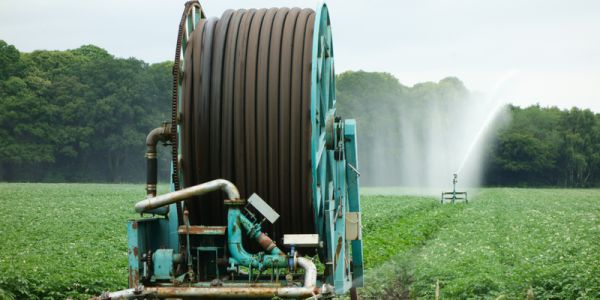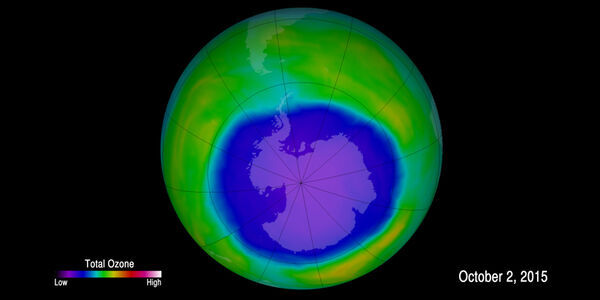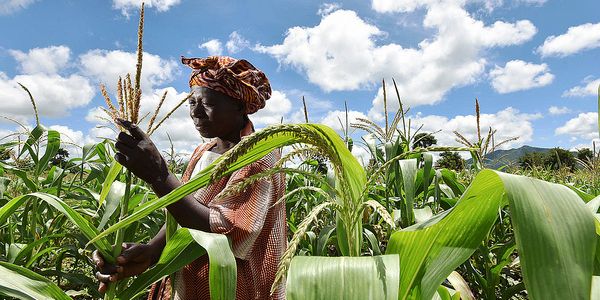
Cocktail of drugs is polluting our rivers
A study suggests that pharmaceuticals are polluting our rivers more than pesticides.

A study suggests that pharmaceuticals are polluting our rivers more than pesticides.

A new £6 million project led by the University of Leeds is predicted to bring a £50 million benefit to the Yorkshire economy by reducing the costs and impact of water-related threats to the region.

In a study led by the University of Leeds, scientists have solved one of the most long-standing challenges in atmospheric science: to understand how particles are formed in the atmosphere.

The President of Iceland gave a keynote address at the University of Leeds.

The impacts of climate change are already being felt in the UK and urgent action is needed, concludes a report published today.

The most extensive land-based study of the effect of drought on Amazonian rainforests to date has shown that a recent drought completely shut down the Amazon Basin’s carbon sink.

Scientists have observed clear signs that the hole in the Antarctic ozone layer is beginning to close.

Crop yields will fall within the next decade due to climate change unless immediate action is taken to speed up the introduction of new and improved varieties, experts have warned.

The launch of the Priestley International Centre for Climate saw astronaut Piers Sellers – a climate scientist and an alumnus of the University - supporting Leeds' investment.

A study of more than 6,000 marine fossils from the Antarctic shows that the mass extinction event that killed the dinosaurs was sudden and just as deadly to life in the polar regions.